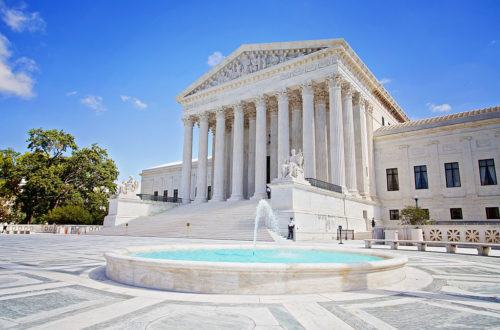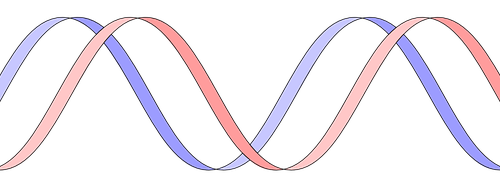Each year, China’s Supreme People’s Court (SPC) issues its annual “Judgment Digests”, which includes a list of “48 typical cases” highlighting representative SPC decisions in the previous year. The Judgment Digests help us understand more about the SPC’s judicial ideology, trial concepts, and adjudication methods in dealing with difficult and sophisticated legal issues as well as new types of IP cases in high tech fields. Despite the fact that SPC judgments are not precedentially binding on lower courts, they are still very persuasive and provide insights into the types of decisions that are considered “model decisions” by the SPC. This case was one of the 48 “typical” cases and deals…
- 48 Typical Cases, Biotech, China, China Patent Office, CNIPA, Court Cases, Inventions, Judgement Digests, Patent Law, Pharma
- Accelerated Patent Examination, Cancer Moonshot Expedited Examination, Expedited Examination, Patent Law, Pharma, Pilot Program, US, USPTO
Introducing the New USPTO Cancer Moonshot Expedited Examination Pilot Program
Starting from February 1, 2023, the USPTO will begin the new Cancer Moonshot Expedited Examination Pilot Program that advances out-of-turn applications that are directed to oncology or smoking cessation. This new program will replace the Cancer Immunotherapy Pilot Program that has been in place since 2016, and covers more technologies than only cancer immunotherapies. Applications accepted into the new program will be accorded special status in Examiner’s docket and enjoy expedited examination until the first Office action is issued (including restriction requirements). The new program is available for a non-reissue (original), nonprovisional utility application filed under 35 U.S.C. 111(a), or an international application that has entered the national stage under…
-
Compositions Limited by Use: A Cautionary Tale
Section 4.2.3, Part II Chapter 10 of the CNIPA’s Examination Guidelines (“Guidelines”) stipulates that if the specification only discloses one property or use of a composition, the composition claim shall be drafted as a “composition limited by the function or the use”. Furthermore, it specifically states that “most pharmaceutical claims shall be drafted as claims limited by use” (emphasis added). Note: this rule only applies to compositions claims, not composition of matter claims directed towards a single active ingredient. Compositions are defined as any combination/mixture of two or more components, such as pharmaceutical formulations (active ingredient + excipients) or mixtures of various ingredients. How does the Examiner determine whether there…






